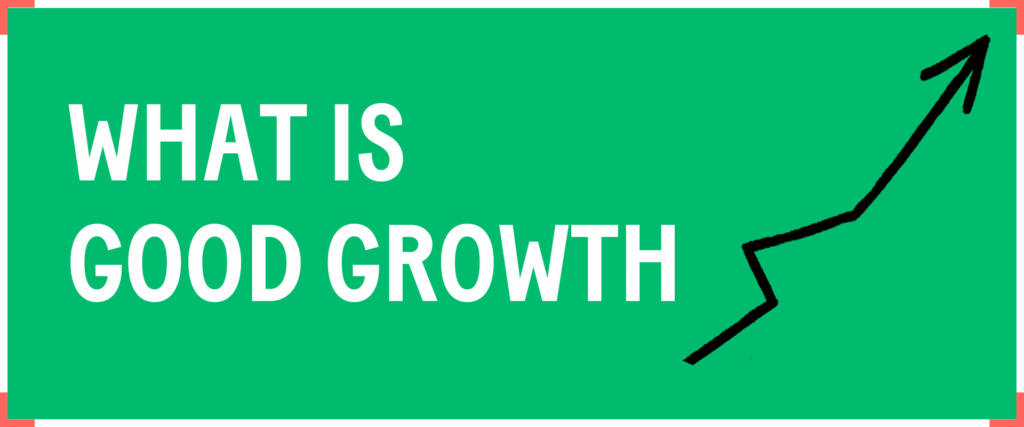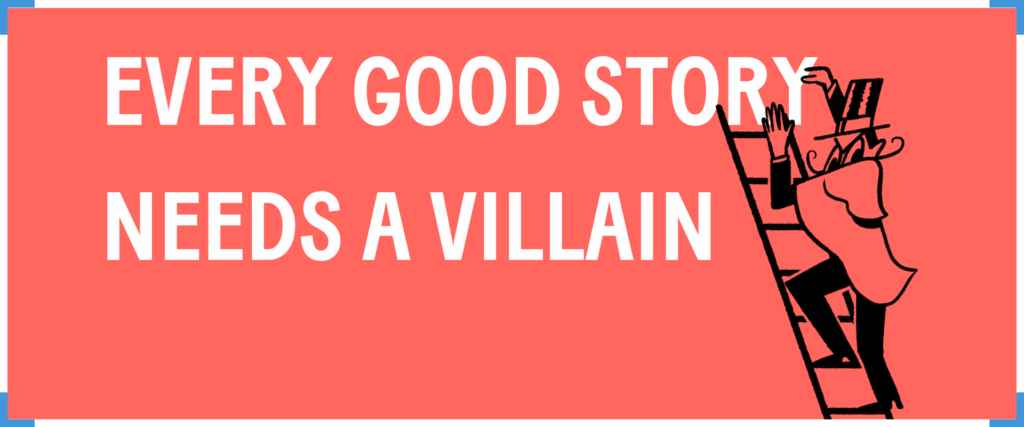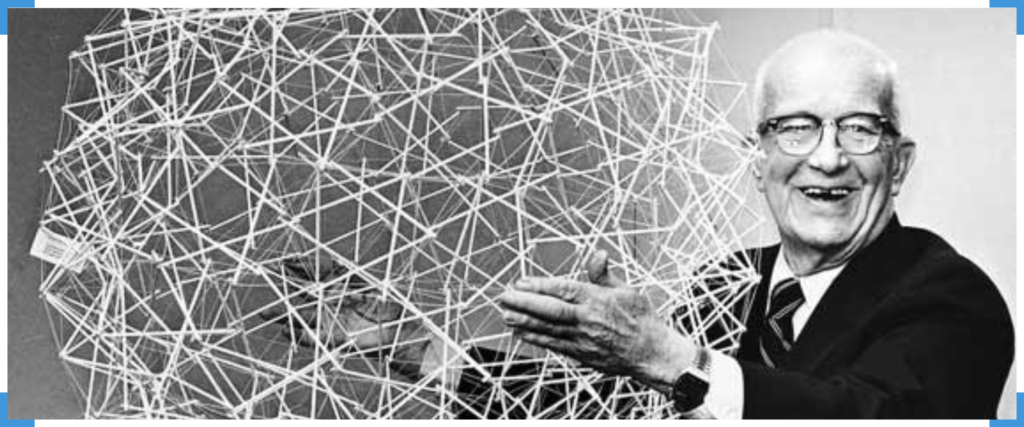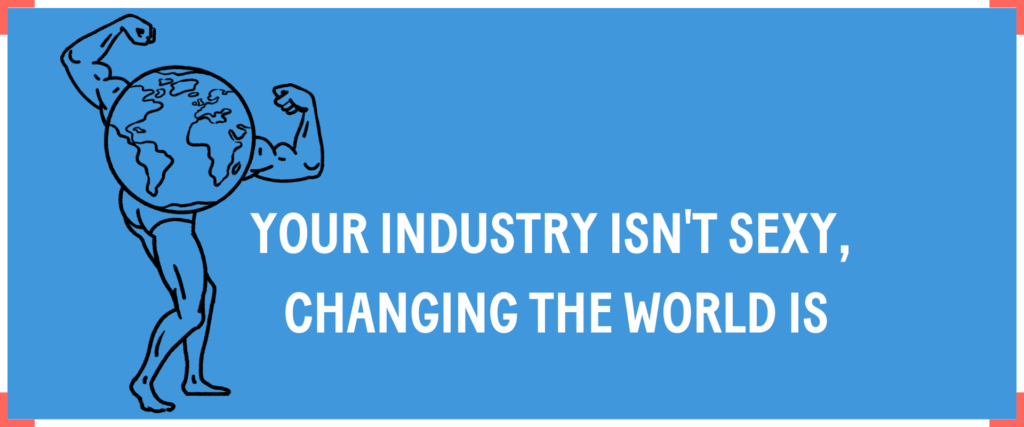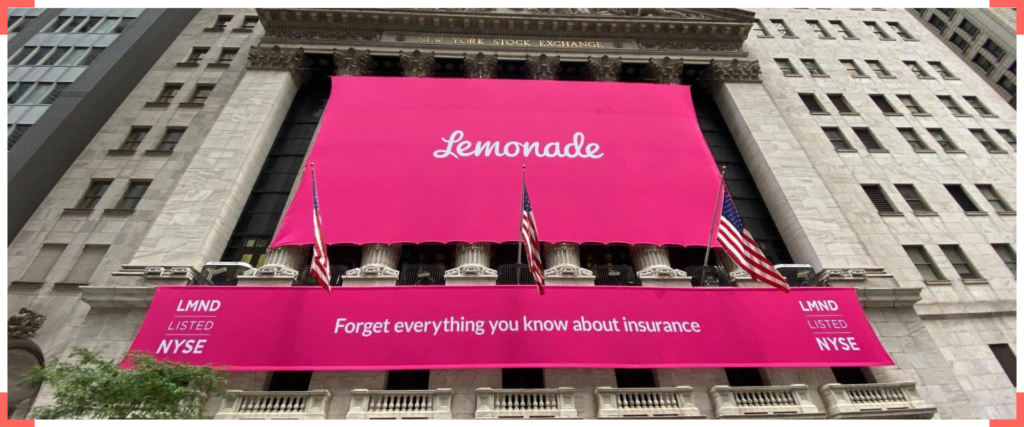This article is an extract from Issue 001 of the Mission Lit zine, download the full issue here.
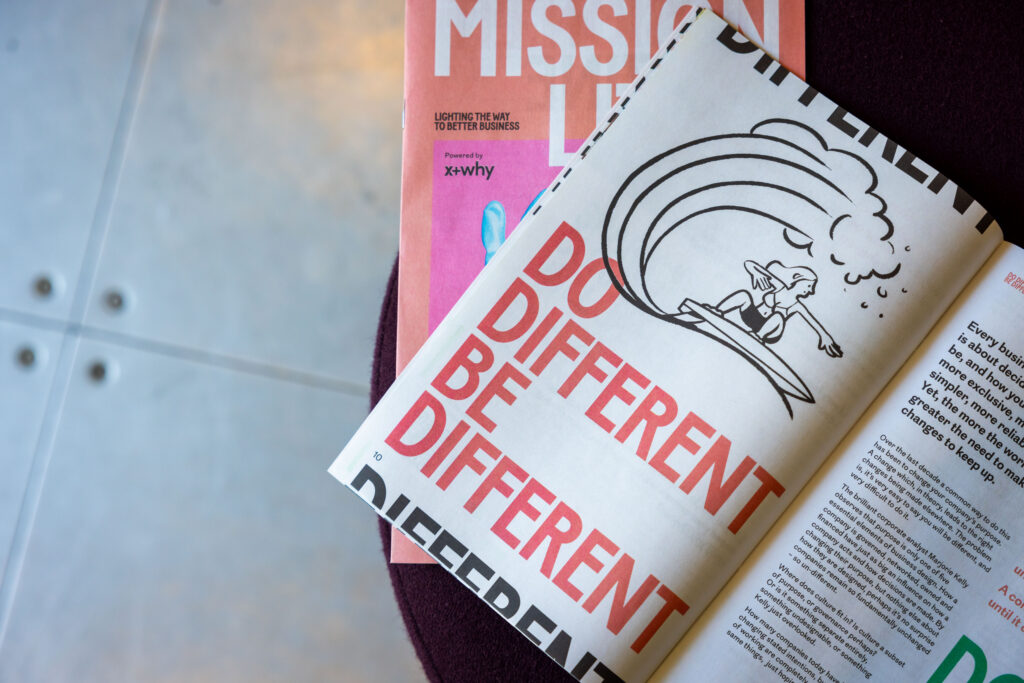
Every business wants to be different. Strategy is about deciding what different you want to be, and how you’ll achieve it. Better, cheaper, more exclusive, more accessible, cooler, kinder, simpler, more reliable. This has always been true. Yet, the more the world around us changes, the greater the need to make more fundamental changes to keep up.
Over the last decade a common way to do this has been to change your company’s purpose. A change which, in theory, leads to the right changes being made elsewhere. The problem is, it’s very easy to say you will be different, and very difficult to do it.
The brilliant corporate analyst Marjorie Kelly observes that purpose is only one of five essential elements of business design. How a company is governed, networked, owned and financed have just as big an influence on how a company acts and how decisions are made. By changing their purpose, but nothing else about how they are designed, perhaps it’s no surprise companies remain so fundamentally unchanged – so un-different.
A company won’t be different until it does different.
A company won’t be better until it does better.
Where does culture fit in? Is culture a subset of purpose, or governance perhaps? Or is it something separate entirely, something undesignable, or something Kelly just overlooked. How many companies today have bold, world- changing stated intentions, but whose ways of working are completely ordinary. Doing the same things, just hoping for different results.
Established ideas of what an effective culture looks like can be hard to shake, and easy to reinforce.
You may think of Michelin star kitchens as the epitome of a high-performance culture. Disciplined, dedicated. A team united behind a goal, achieving it night after night. Yet, a recent academic study of chefs found a less obvious ingredient to these cultures: namely that suffering was a central part of many top chefs’ identity. It had a unifying effect on chefs which allowed them to tolerate – even embrace – long (unpaid) hours, abusive bosses, tribal behaviour, and even threats of violence.
You’d be excused for not questioning hardcore, fear-led cultures when they get propped-up by workers’ masochistic quirks, or until they blow up publicly like at BrewDog. Perhaps most businesses are not questioning enough of what makes a culture effective. But sometimes an organisation sets itself a mission to be so totally different, the need to act differently comes into sharp focus.
Take the example of Vivobarefoot (Vivo), the company who creates shoes designed to mimic the biomechanics of walking or running barefoot. Their mission is to reconnect people with nature and describe themselves as being on a journey to becoming a ‘regenerative’ business. Underpinning everything they do is the idea that we are nature – nature is us – yet we live our lives like we are separate from it, to our own detriment, and to society and nature’s too.

On a basic level a shoe literally separates us from the ground in an unnatural way. But just as important to Vivo, traditional ways of working separate us from how nature works.
This has led them to create a way of working known as ‘living barefoot’. It does away with strict hierarchy and chains of command, parent- child relationships, and hyper-masculine stress. In its place comes a focus on listening, feelings, openness and embracing tensions.
The company is structured around autonomous, self-organising ‘circles’. Home circles for your day-to-day work, Project circles for cross- cutting projects and Yin circles for peer-to- peer support and wider reflections. Leading a circle means playing the role of facilitator, not manager. Nature doesn’t work by command and control, and so neither does Vivo.
The person responsible for helping Vivo to live barefoot is Ash Pollock, Head of Transformation and Culture. Ash is aware that what they are doing can sound a bit ‘kumbaya’, but stresses that it requires real courage.
Underpinning autonomy is open communication and maturity. It requires difficult conversations. We are creating a high-trust environment with constant, dynamic feedback informing decisions.
This is hardcore kumbaya, and it’s working.
Vivo doesn’t want to be the new Nike, and it measures success very differently. But even by the narrowest definition, they are a success. Its revenue for FY 21/22 was £50 million and in FY 23/24 it’s expected to almost double to £94 million. This is self-funded, organic growth, not growth made possible by burning through VC investments. All done whilst investing heavily in R&D and sustainable practices. No corners cut here.
On the surface, they culturally couldn’t be further from the Butthead meetings of Nike. They explicitly call out hyper-masculine behaviour after all. Yet I can’t help but see similarities. Both created environments where people can be open, feedback is encouraged, and people are highly motivated. In both cases, people know what the organisation is trying to achieve, and they are really, really trying to make it happen.
